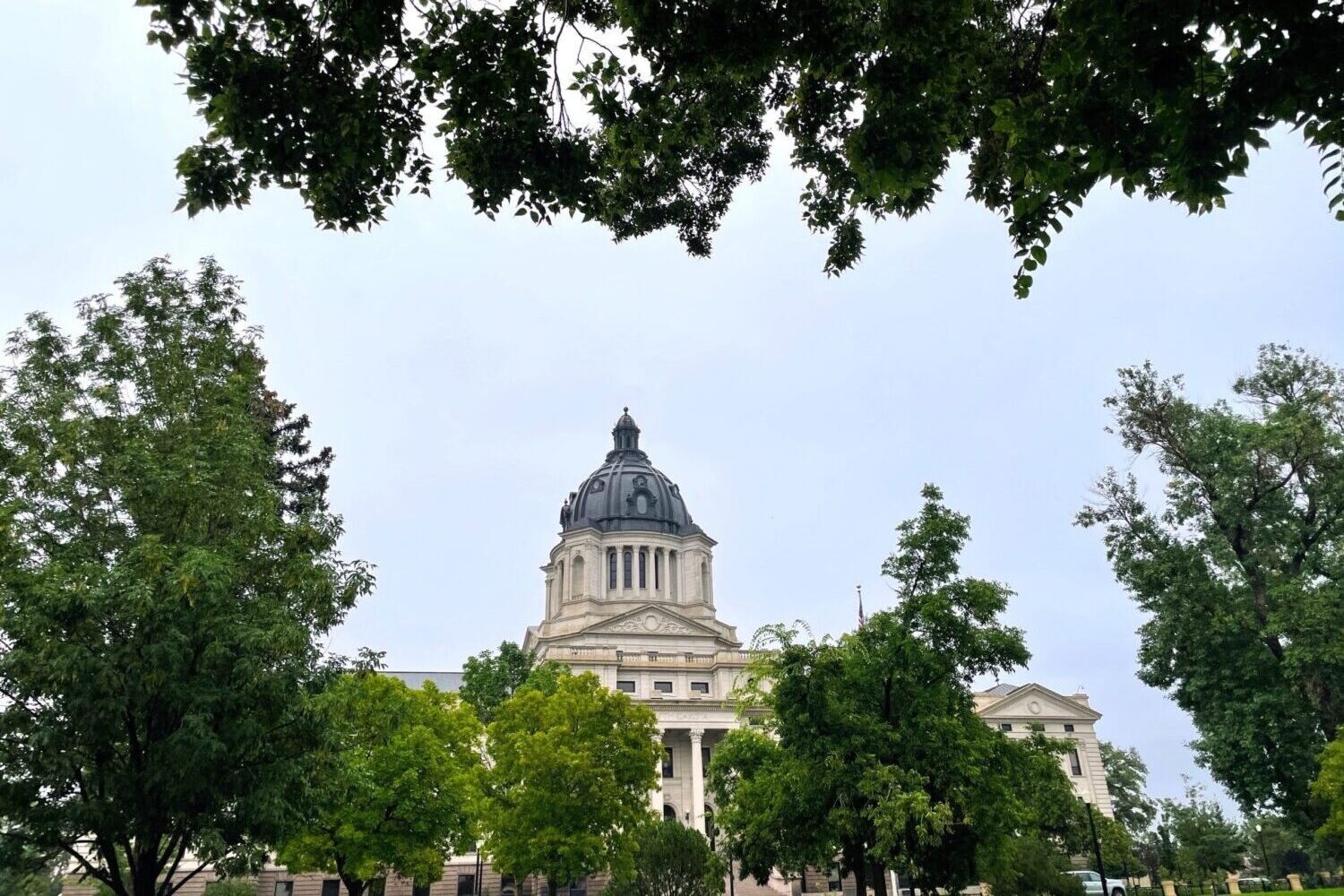
South Dakota Searchlight
Gov. Kristi Noem has signed numerous bills into law this week, including one that will increase the yearly cap on private school scholarships funded by state tax credits.
The credits are available to insurance companies. For every dollar they contribute to private school scholarships for low-income students, the companies get an equivalent amount of credits to reduce the premium taxes they owe to the state.
At the time of the program’s creation in 2016, the tax credit cap was $2 million, and insurance companies earned 80% in credits for every dollar donated. A 2019 bill made companies eligible for a 100% credit. In 2022, lawmakers raised the credit cap to $3.5 million. This year’s bill raised the cap again, to $5 million.
Students must meet free and reduced price lunch program requirements to qualify for the scholarships. About 2,500 students are supported by the program, called South Dakota Partners in Education.
The names of the insurance companies and how much they are donating to the scholarship program are treated as confidential tax information by state officials. The private schools are responsible for ensuring students meet the income qualifications.
Following are summaries of some other bills Noem signed this week. The 2024 legislative session ended last week, except for a day on March 25 to consider vetoes. As of Thursday afternoon, Noem had not vetoed any bills.
Banning obscene live conduct on campuses
House Bill 1178 bans “obscene live conduct” at state universities. Opponents viewed it as a veiled attempt to target drag shows. Proponents said they are giving legal teeth to an existing Board of Regents policy.
The bill says the Board of Regents and the public universities it oversees may not authorize the use of any state-owned facility or property to develop, implement, facilitate, host or promote any obscene live conduct, or expend any public money in support of obscene live conduct.
The definition of obscene live conduct, already written into existing state law, is:
- any physical human body activity, including singing, speaking, dancing, acting, simulation or pantomiming, where the dominant theme appeals to a prurient interest;
- the conduct is patently offensive because it affronts contemporary community standards relating to the description or representation of sexual matters;
- and the conduct is without serious literary, artistic, political or scientific value.
Aides becoming teachers
HB 1201 provides $800,000 to the state’s Teacher Apprenticeship Pathway program, which aims to address a statewide teacher shortage by helping para-educators who are already employed by school districts to obtain full teacher certification.
Protections against abandoned mines
Senate Bill 111 increases the state’s financial protections against some types of abandoned mines.
The legislation focuses on sand, gravel and construction-aggregate mines. Mine operators already have to post a surety, which is cash or a financial instrument the state can seize to clean up a mine if the operator doesn’t complete the work. For the types of mines addressed in the bill, that surety is currently $500 per acre or a statewide “blanket” of $20,000 — amounts that haven’t changed since the 1980s.
The new law increases those amounts in phases up to to $3,850 per acre and $300,000, respectively, by 2029.
Landowner elk licenses
SB 173 creates extra licenses for South Dakota landowners and their lessees to hunt a female elk every year on agricultural land in areas known as the Prairie Elk Units. The units include much of the land west of the Missouri River, but not the Black Hills. The bill aims to help ranchers reduce damage in areas where elk trample cornfields, break fences and eat livestock feed, while maintaining a healthy elk population elsewhere.
